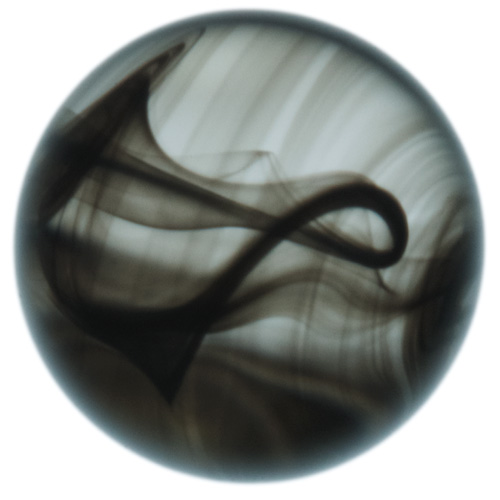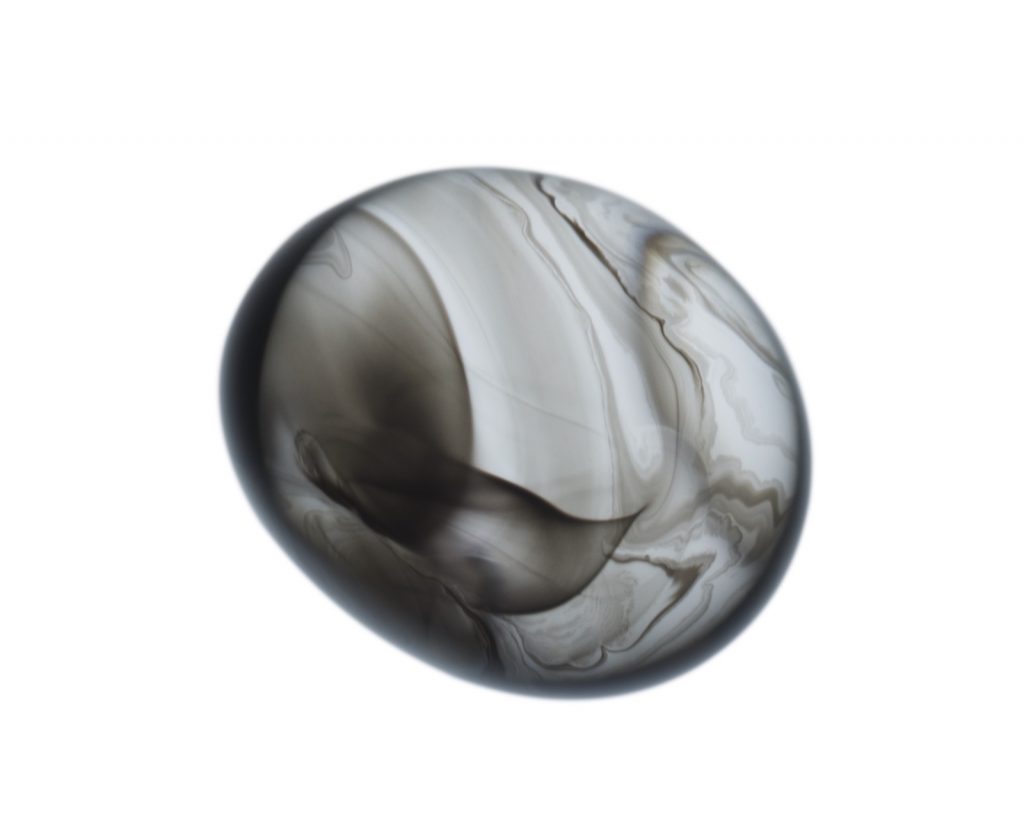No need to do zazen. No need to practice. Therefore, we must do zazen, must practice. Do you see this? Do you see this no-need?
Unfortunately, much of the time many of us live in a world of needing and not needing. I need this, I don’t need that. And we believe this viscerally as the truth of who we are and what the world is. All sorts of consequences come from this: consequences of suffering, stress, and harm. This is not something new. Many of you are familiar with the exchange between Bodhidharma and Emperor Wu, in the commentary to the first case in the Blue Cliff Record. The Emperor asks Bodhidharma, “I supported the ordination of monks, built and supported temples. What merit is there from this?” Bodhidharma answers, “No merit.”
When we do things primarily for gain and loss, and are attached to gaining and losing, right there we give away our birthright. We give away who we are into a world of having more or less, likes and dislikes. We believe ourself lacking, or needing to gain, needing to improve. We turn zazen into something that is going to improve us and change us. Yes, we sit still, and body-mind quiets; cause and effect, there are so-called present and future effects of quieting body-mind. But if that is the limit of our zazen, then to that degree we limit who we are. That is a zazen of gaining, a practice and life of trying to improve and get something else that already misses who we are.
Dogen Zenji emphasizes practice from the beginning being in realization, clarifying the misunderstanding that realization is a result of practice, the misunderstanding that this true dharma eye of the wonderful treasure of nirvana comes from doing something and therefore accumulating and improving. Despite the fact that we offer the merit of the chanting, of incense, for the well-being of others…no merit. No merit. No need. You lack nothing. See? But you don’t believe it.
The Buddha says all beings are the wisdom and perfection of Buddha. What is that? This is “no need for zazen.” This is who you are. You don’t believe it sometimes. No need for zazen; therefore we must do zazen. Not should, must! We must be who we are. This is the zazen I encourage all of you to must be. That is the life we must be.
What is this “must be” life?
Hearing this “no merit,” Emperor Wu is confused. He has spent a fortune, put much effort into this, been praised by many people for his wonderful activity and the results. So Emperor Wu asks Bodhidharma, “What is the fundamental principle, what is the holy truth?” Bodhidharma responds, “Vast emptiness, no holiness.” This is the truth of our life, the truth of zazen. This is the truth; the truth of Buddha teaching, buddhadharma. Despite our wanting to hold on to beliefs about better and worse, what conditions should be and what conditions should not be, what conditions mean—vast emptiness, no holiness. This is “must do” zazen.
So Emperor Wu asks Bodhidharma, “Who are you? Who is this in front of me?” Bodhidharma shows once more, “Don’t know.”
Please see what sort of bargains we sometimes slip into our zazen, into our practice, and release those, empty our hands of those. It is fine for those to appear, but open the hands and release those. Must do zazen isn’t “I must do zazen in order to get away from this condition, in order to get this better.” Vast emptiness, no holiness. Otherwise we believe stories of gain and loss. We truly believe them, and in a sense we reinforce them. We make them all the more true for us, so the more we try to improve, the more we try to run from the beliefs of lacking, the more we carry them along. Despite the fact that we think we have escaped them, to that extent we have brought them here, even if temporarily, we don’t see them, don’t feel them. Because in gain, loss, likes, dislikes…to that extent we miss this that we are, this no need for zazen. No need for zazen, so we must do zazen. What did Bodhidharma do when he left Emperor Wu? He went and sat in the cave for nine years. Some of you have been to these caves in China. No need to do zazen, so he sits for nine years. This is zazen of no merit. This is what we are talking about.

You lack nothing. You lack nothing, therefore you practice. Therefore you must realize and manifest this no-lack, this realized life, this awakened life that you are. Manifest the wisdom compassion functioning that you are. To paraphrase Dogen Zenji, if you want to be such a person, as you are such you must do such. You must do this person that you are, then you will be this person that you are. Instead, often we try to do something else, and then we wonder why we are not who we are. Despite the fact it is not so, we believe we are not who we are. So if we believe we are not, that much we are not.
You lack nothing. You lack nothing of the wisdom and perfection of the Buddha, right at this moment. Hearing, breathing, you don’t differ even one drop from hearing, breathing Buddha. Not even a hair’s breadth. And yet we can be far away. So it is important and valuable to clarify. Clarifying, this noneed manifests. We are who we are.
The Buddha said, “Do not believe something just because I or some great teacher said it.” Test it for yourself. This is exactly zazen. Taste and test for yourself. Of course you must do your own zazen. No one can do it for you. The only reason to speak is to refine and clarify testing. If you are testing with the zazen of needing to do, of gaining and losing, then don’t let that slip by without seeing the gaining and losing, the needing something and lack of something, because it will keep you from what you are.
Suzuki Roshi always emphasized no-gain zazen. Where gaining appears—not out there with someone else, but for us—where there is a belief of lack, please be attentive to that and practice skillfully with that; so gaining and lack doesn’t blind you, like the merit Emperor Wu was carrying around burdened and blinded him. Test it.
You have to do the right tests. If my car didn’t start, the battery sputtered, and I said, “Okay, I’m going to test it,” and then I took an air gauge to the tires, you’d say, “What’s the matter with you? That is not the problem.” We have to clarify: “How do you test the car?” Similarly, we have to clarify how to test.
The Buddha is saying, “You are this.” He doesn’t say, “I have something extra that I am going to give you.” Trust in yourself, trust in who you are. Sit down, breathe, be listening right now, hearing right now. Be intimate. But you have to do it for yourself. If you try to figure it out, that will not do. It is like a car needing a new battery and we keep it on the seat. It won’t start the car. You have to connect it to the electrical system. Then the electrical charge flows. You have to connect it into the correct system. Thinking about it and trying to fit it into our thought pattern isn’t going to do it. Nothing wrong with speaking and thinking, but it only goes so far. Similarly, nothing wrong with keeping things on the seat next to you; just use it when it is needed. So the Buddha says, don’t believe it because you heard the words, or have memorized it; test it. Do the correct, appropriate, skillful testing. Do the zazen of no-need-to-do-zazen. Then you will be the zazen of must-do-zazen; the practice life of no-need-to-practice, must-practice. You will be the wisdom and perfection of Buddha that you are, manifesting compassion as your life. It is not something else.
We need to be clear on what we are doing. Then the zazen that we do is the zazen of no-need-to-do-zazen, the zazen of practice that is in realization from the very beginning. One moment zazen, one moment Buddha. You are the one-minute Buddha, the thirty-minute Buddha, the all-day Buddha. You have always been this, from the beginning. Since you are such a person, not someone else, be such a person. Here is Bodhidharma’s vast emptiness, no holiness.
Thank you for subscribing to Tricycle! As a nonprofit, we depend on readers like you to keep Buddhist teachings and practices widely available.
